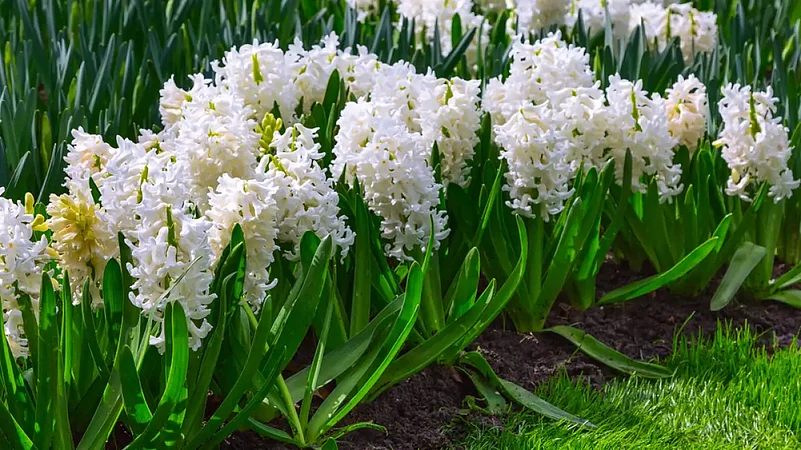Raghav, my Indian American friend in the USA is worried. His Ukrainian wife’s entire family is trapped in a small Ukrainian city, inside their house; they do not know what is going to happen next. He messages, “Reminds me of Kashmir.” This stings me.
A week later, a movie on Kashmir releases in a cinema near us in London. My wife buys tickets. I ask my 83-year-old mother to carry tissues with her knowing she will cry. We drive down for the evening show to the cinema. It is a cold evening, and the wind is nippy. Inside the cinema is warm; its shiny red-and-black floor is peppered with happy sparkles. The popcorn machine whirs, whips up a buttery aroma, and the young girl behind the counter smiles.
“Should I?” my mother asks.
“Why not?” I say, unsure.
I buy popcorn for all of us --large, regular, small --and we sit down to watch the movie. The seats are red, and welcoming. The big screen says, “Sit back and enjoy the wonder that awaits.” Popcorn bags crackle.
The movie begins with the heart-rending cries of a woman. Her husband is riddled with bullets inside a barrel of rice. The actor speaks good Kashmiri, her wails are real. Tears build up. There is stunned silence in the hall. A middle-aged woman sobs across the aisle. Dressed in a jacket and trousers, tears flow down her cheeks. Media and cinema bring joy and grief in equal measure, larger than life.
As the movie progresses, the woman continues to sob, crying out, “Trath!’’ every now and then. Trath means a lightning-strike in Kashmiri, the worst disaster that a Kashmiri could imagine in peacetime. I look at my mother and ask her if she is alright. She nods.
When the movie ends, my mother says: “Nothing new, we’ve seen it all.” What does she mean? Has she not wanted to see her grief played out on a large screen, the story of her exodus told in fine colours, heart-tugging music and powerful acting?
My wife holds my mother’s hand and slowly walks her out of the hall. A melancholic tune plays on the screen. “We have to fill the sonth thaal soon; it is sonth in two days,” my mother tells her. Sonth is the Kashmiri festival celebrating spring.
I wait in the foyer for them. The carpet has a complicated pattern, red and black, hoops and loops. I see the Kashmiri woman again. A young girl, about 16 or so -- perhaps the woman’s daughter -- is standing beside her, crying. A young man, older than the girl -- perhaps the woman’s son -- is questioning the movie. The woman tells him that it’s important that he know what happened over thirty years ago.
I wonder why anyone would wait so long to tell their children what had happened. I recall my own children growing up in England. I had not spoken about the fear and flight from Kashmir for almost 20 years, because it would have torn them, warped their young minds, hardened them. As it had hardened my youth. I had wanted them to have a fresh start.
Outside my room, a bunch of daffodils has sprouted, a cold morning breeze blows, they nod their heads. They remind me of Kashmir. I remember Raghav, my friend in the USA and decide to message him.
“They are moving around the city, encircling it,” Raghav messages urgently. “My wife’s mother is not keeping well and cannot travel, unlikely that they will move. It’s terrible.”
I step out. The garden is sunny. I pull out the twigs from last autumn to clear the way for the yellow daffodils to bloom. A heap of dry twigs and weeds grows on the grass.
“Will you light a fire?” my mother appears.
“No, that causes smoke,” I say.
The daffodils are free of twigs. One falls to the ground. I lift the tender stem and put an old twine around it. The twine breaks, and the daffodil falls again. The earth is soft, the grass is long. I need to cut it, I remind myself. Inside the house, the TV and the media are buzzing with Kashmir and the war in Ukraine.
“See, sumbal,” I show my mother a white hyacinth. “Did we not call it sumbal in Kashmir?”
“Yes, we did.”
She inspects it, touches it with her fingers. I hope she does not pull out the dry strawberry plant next to it, she might mistake it for a weed. I say nothing.
“My wife’s brother is not allowed to leave. Fighting age,” messages Raghav, my distraught friend from the USA. “There is another level of men mobilization and there is a chance that he may get pulled in.” I feel his pain and helplessness. A nightmare returns. Lions roam around in my house, in corners, under my bed, in the kitchen. I wake up, distressed. The TV in my mother’s room is blaring. She has switched from watching the war in Europe to a new war about what happened in Kashmir, three decades ago.
My mobile pings. Ruqaiya from our Kashmir school WhatsApp group writes, “Sonth mubarak” to all of us. For months, the group has not shared much. Taufiq, who lives in Kashmir, posts a photo from the Badamwari garden in Kashmir, where almond trees have broken into a haze of light pink flowers. The almond blossom transports me to another world.
I am in an apple orchard in Kashmir, from my childhood, perhaps the first I’ve ever seen. The trees have pink and white flowers, and sweet scents. The petals drop to the ground like snowflakes, and I want to collect them all: pink, white, with bits of red. Gather all the scents, bring them home. I can’t. There is an older person holding my hand firmly.
Ruqaiya promises everyone in the WhatsApp group that she’ll post pictures from her garden in Kashmir, of nargis, white daffodils.
To celebrate sonth, my wife has made yellow teher: rice boiled with turmeric, salt, and mustard oil. I am waiting for the photos of white daffodils from
Kashmir. My mother rolls the teher into large mounds, rice-balls, and eats quickly with her fingers. She says, “When you have teher you need nothing else.”
I jump from my swivel chair, drop my glasses, and run into the dark. The grass is overgrown, the night is still. I hunt for the yellow daffodils. I switch on my mobile camera and aim at the bunch of yellow daffodils. They turn away, they are shy, they do not want to tell their stories. I click. My camera flashes. The picture is harsh, bright, and blurry.
Ruqaiya posts a video of an almond orchard in blossom in Kashmir. She is there. The morning sun is soft. The winter grass is golden, turning emerald in patches. Slender shadows of almond trees lie on the grass. The almond trees rise into clouds of light pink blossom. A family nestles under a tree. Birds chirp. As the camera sweeps slowly, I see tiny pink petals float to earth. I catch them as they fall. I can hear the birds calling me.
Note: Names have been changed for privacy.
(Sandeep Raina was born and raised in Kashmir. His first book A Bit of Everything was published in 2020. Views expressed in this article are personal and may not necessarily reflect the views of Outlook Magazine).





















